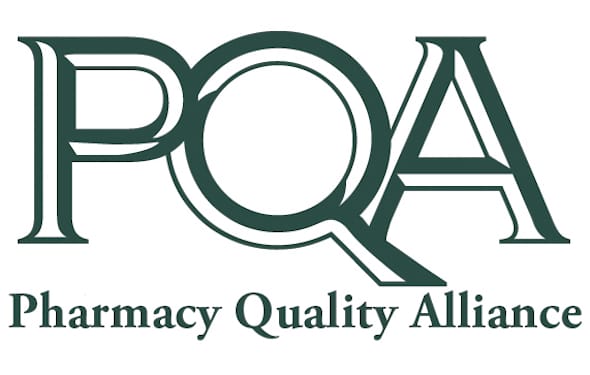ALEXANDRIA, Va. – The Pharmacy Quality Alliance (PQA), through a majority vote of its members, has endorsed a new monitoring measure that evaluates interventions to resolve patients’ medication therapy problems in health plans’ medication therapy management (MTM) programs. This is the first monitoring measure developed and endorsed by PQA.

MTM services aim to improve patient outcomes and reduce the risk of adverse events by optimizing medication use. The measure is based on the PQA Medication Therapy Problem Categories Framework to assess each medication according to a standard patient care process.
“Until now, the lack of a standardized framework for documenting medication therapy problems and the interventions to resolve them, has been a barrier to developing meaningful quality measures for MTM programs,” said Laura Cranston, RPh, PQA CEO. “This monitoring measure is an important step in evaluating the clinical impact of MTM services to ensure patients receive quality care.”
The measure, Medication Therapy Problem Resolution, evaluates the percentage of medication therapy interventions that resolve medication therapy problems among individuals participating in an MTM program. The measure uses MTM encounter data documented with SNOMED CT and RxNorm codes, which are standardized terminologies for clinical terms and medications, essential for interoperability.
PQA collaborated with OutcomesMTM, a Cardinal Health company, and SinfoníaRx to test the Medication Therapy Problem Resolution measure, a key step in the measure development process.
“This monitoring measure will serve as foundational work to support standardized documentation of MTM services and ultimately to assess clinical outcomes and the overall effectiveness of MTM programs,” said Lisa Hines, PQA pice president for Performance Measurement and Operations.




